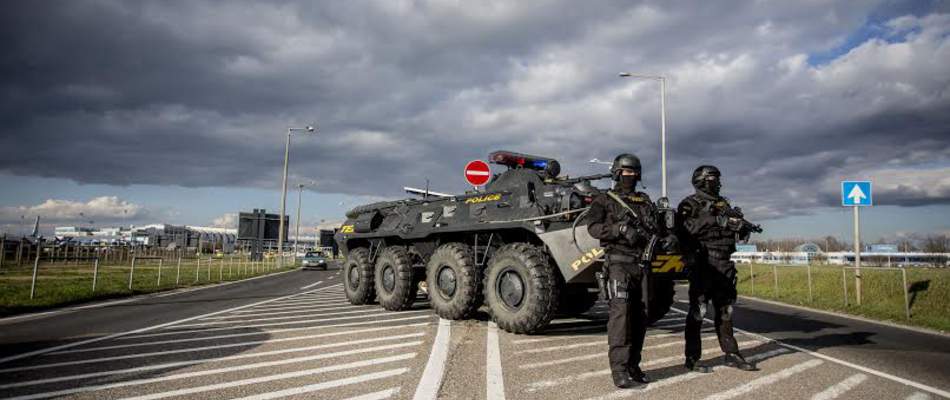The Hungarian government “has a vision of Europe that supports peace and stability, not only in its immediate vicinity but for example in Africa and the Middle East,” Tristan Azbej, Hungary’s state secretary in charge of assistance to Christian communities worldwide, told MTI from Stuttgart by phone on Wednesday.
The state secretary attended the opening of events commemorating the 2014 genocide of Iraqi Christians and Yazidis committed by the terrorist Islamic State, and said “in each case we must support peace rather than escalation.” He said “people in crisis zones should be helped to stay in their homelands rather than promote migration”.
Azbej said he had been invited by Yazidi survivor and Nobel Peace Prize winner Nadia Murad to represent the Hungary Helps programme. He noted that the Hungarian government had helped Iraq’s Yazidi community with a total 1.1 million euros in the past six years, apart from the humanitarian and reconstruction programmes provided to that country.
The Yazidi genocide claimed 5,000 lives, with 6,000 young women being captured and subjected to sexual slavery, he said, adding that some 500,000 people fled their homes and 150,000 were still “living from day to day” as internally displaced people.
“Commemorating the genocide is also aimed to save those people from continued persecution and discrimination,” Azbej said.
Szijjarto in phone talks with Iranian counterpart
Foreign Minister Peter Szijjártó spoke with Iran’s new acting foreign minister, Ali Bagheri Kani, by phone on Thursday, on the occasion of Hungary’s assuming the rotating presidency of the Council of the European Union in July for six months. Bagheri Kani was appointed after his predecessor, Hossein Amir-Abdollahian, had been killed in a helicopter crash in May, Szijjártó said on Facebook.
He said the he and Bagheri Kani were in agreement on the need to intensify dialogue between the EU and Iran, arguing that “diplomacy isn’t about limiting dialogue to those with whom you agree on everything”. The minister said they hoped that discussions between the EU and Iran could help avoid an escalation of the situation in the Middle East. Szijjártó warned that if the Middle East crisis were to spread to other countries, it would threaten global security, “and we who have been living in the shadow of a war for two and a half years now don’t want another global security crisis.”
Szijjártó added that he and Bagheri Kani had agreed to stay in constant contact and speak in person on the sidelines of the next UN General Assembly in New York.
Read also:
please make a donation here
Hot news
Top Hungary news: train derailed, huge tax against short-term rentals, new train stations, Hungarians about the war, Dracula, cocktail bars — 21 October, 2024
Hungarian research could yield breakthrough in Covid-19 treatment
5+1 stylish cocktail bars in Budapest to explore with your friends after a long day
Railway stations in major Hungarian cities to be completely rebuilt with private capital
Young people planning armed attacks against protected persons in Hungary – US intelligence warns
Hungary, Laos agriculture ties strengthening: Minister Linkham Duangsavanh visits Budapest




